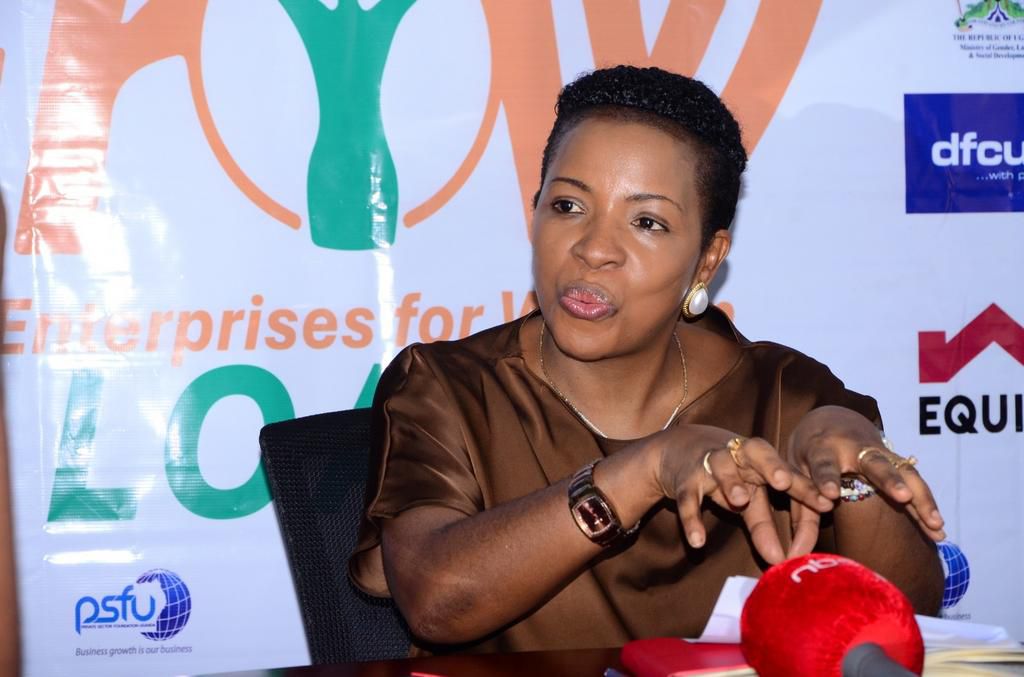Regional allocation to ensure equitable distribution of women’s fund project
)
The Government of Uganda has responded to concerns that the Grow Project’s funds have been disproportionately directed to women in central districts, leaving those in peripheral regions underserved.
Dr Ruth Kasolo, the Grow Project Coordinator, acknowledged that the initial allocation favoured businesswomen in Kampala and Wakiso, disadvantaging others across the country.
“The Grow Project money is not sufficient because it targets a specific group of women who are already established and looking to expand their businesses,” Dr Kasolo explained.
She revealed that districts like Kyankwanzi had seen minimal fund distribution, with only one woman receiving support so far.
To address this, the Ministry of Gender, Labour and Social Development has introduced regional allocations to prevent the concentration of funds in a few districts.
“Now every region will have its block of money. For example, Kyankwanzi is part of the Greater Mubende region and has been allocated Shs 3 billion,” Dr Kasolo said.

Supporting established women entrepreneurs
Launched as Uganda’s Generating Growth Opportunities and Productivity for Women Enterprises (GROW) Project, the initiative aims to empower over 60,000 female-owned businesses nationwide, including 3,000 refugee enterprises. Since its inception, the project has disbursed nearly Shs19 billion to more than 1,100 women entrepreneurs, with loans ranging from Shs4 million to Shs200 million based on business scale.
Dr Kasolo clarified that GROW targets women who have moved beyond informal business and are ready to develop small and medium enterprises (SMEs). The project partners with six commercial banks, each applying its lending procedures, including a minimum interest rate of 10%, to provide substantial growth-oriented loans.
Minister of Gender, Labour and Social Development Betty Amongi highlighted the government’s commitment to tackling social barriers through strategic partnerships and mentorship programmes. “The GROW Project will serve as a catalyst for economic transformation, empowering women to contribute meaningfully to national development,” she said.
With the new regional fund allocations and ongoing support, the project aims to ensure equitable access and sustainable economic opportunities for women across Uganda.

)
)
)
)
)
)